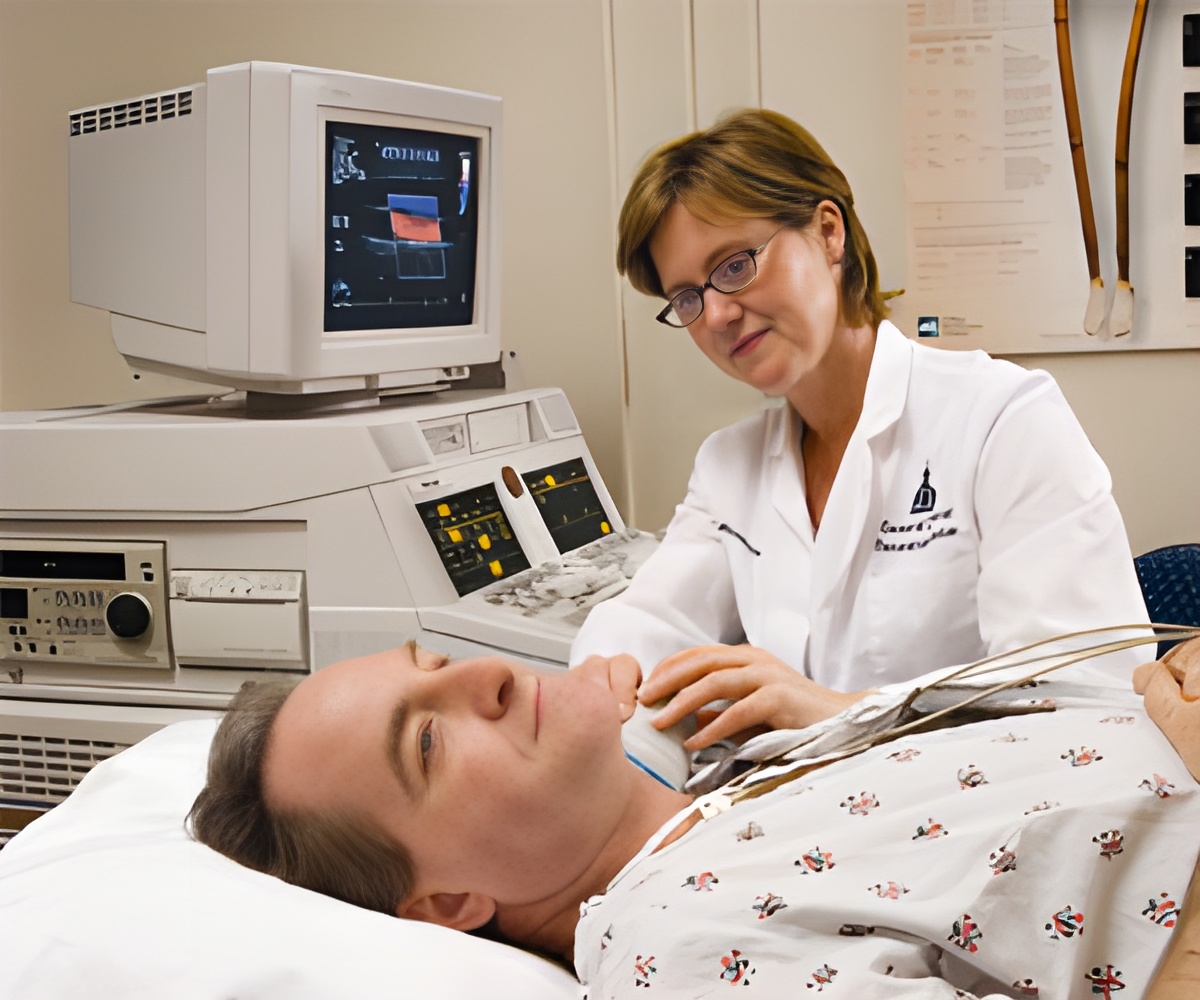
‘Advance directives allows a patient to convey their decisions about end-of-life care when they can no longer express themselves as a result of disease severity or treatment.
’
Tweet it Now
Doctors often judge advance directives to be unclearly worded and not applicable to the patient's current situation. For them, advance directives tend to serve as a guideline. Relatives, in contrast, try to implement patients' written wishes literally. They assigned a higher level of validity to advance directives than doctors did. Nevertheless, despite the differences in assessment, almost 70% of relatives stated that patients' wishes had been fully implemented.
In the eyes of the authors, trusting dialogue between treating physicians and patient representatives results in high levels of satisfaction with treatment. Advance directives should be worded more appropriately, however, so that all those involved are of the same opinion regarding their validity.
The study has been published in Deutsches Ärzteblatt International.
Source-Eurekalert












